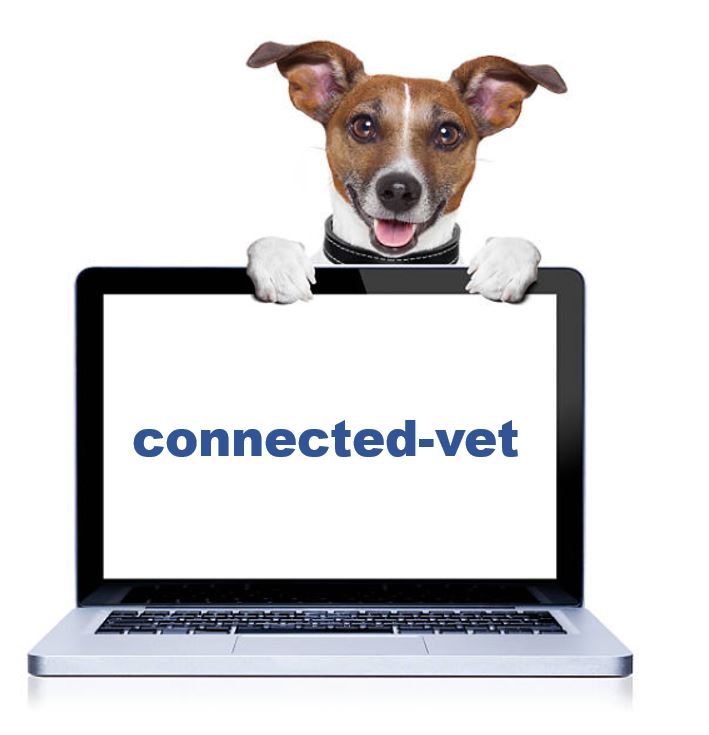The impact of artificial intelligence (AI) on various industries has been nothing short of revolutionary, and the field of animal health management is no exception. As the world grapples with the challenges of feeding a growing population, ensuring the health and well-being of livestock and companion animals has become a top priority. In this context, AI has emerged as a powerful tool to improve animal health management practices, offering a range of benefits that include early disease detection, enhanced veterinary diagnostics, and optimized breeding programs.
One of the most significant ways AI is transforming animal health management is through the early detection of diseases. Machine learning algorithms can analyze vast amounts of data from various sources, such as farm records, sensor data, and even social media, to identify patterns and trends that may indicate the presence of a disease outbreak. By recognizing these patterns, AI systems can alert farmers and veterinarians to potential health risks, allowing them to take preventive measures before the disease spreads and causes significant damage to the animal population.
In addition to early disease detection, AI is also playing a crucial role in enhancing veterinary diagnostics. Traditionally, veterinarians have relied on their experience and expertise to diagnose diseases in animals, often using invasive procedures that can be stressful for the animal. However, with the advent of AI-powered diagnostic tools, veterinarians can now access more accurate and less invasive methods for identifying health issues. For example, computer vision algorithms can analyze medical images, such as X-rays and ultrasounds, to detect abnormalities with a high degree of accuracy. This not only reduces the need for invasive procedures but also enables veterinarians to make more informed decisions about the appropriate course of treatment.
Another area where AI is making a significant impact on animal health management is in the optimization of breeding programs. Selective breeding has long been used to improve the genetic traits of livestock, such as increased milk production in dairy cows or faster growth rates in poultry. However, traditional breeding methods can be time-consuming and labor-intensive, often relying on trial and error to achieve the desired results. AI-driven genetic analysis tools are now enabling farmers and breeders to make more informed decisions about which animals to breed, based on a comprehensive understanding of their genetic makeup. This not only accelerates the breeding process but also ensures that the resulting offspring have the desired traits, leading to healthier and more productive animals.
Moreover, AI is also being used to monitor and improve animal welfare, which is a critical aspect of animal health management. Sensors and cameras can be used to track the behavior and movement of animals, with AI algorithms analyzing this data to identify signs of stress, discomfort, or illness. This information can then be used to make adjustments to the animals’ environment or care, ensuring that their welfare is maintained at the highest possible level.
In conclusion, the impact of AI on animal health management is far-reaching and transformative. From early disease detection and enhanced veterinary diagnostics to optimized breeding programs and improved animal welfare, AI is revolutionizing the way we care for and manage the health of our livestock and companion animals. As AI technology continues to advance, we can expect even more innovative solutions to emerge, further strengthening the role of AI in animal health management and ensuring a healthier, more sustainable future for both animals and humans.
Source : https://dtgreviews.com/uncategorised/the-impact-of-ai-on-animal-health-management-a-comprehensive-overview/50322/






